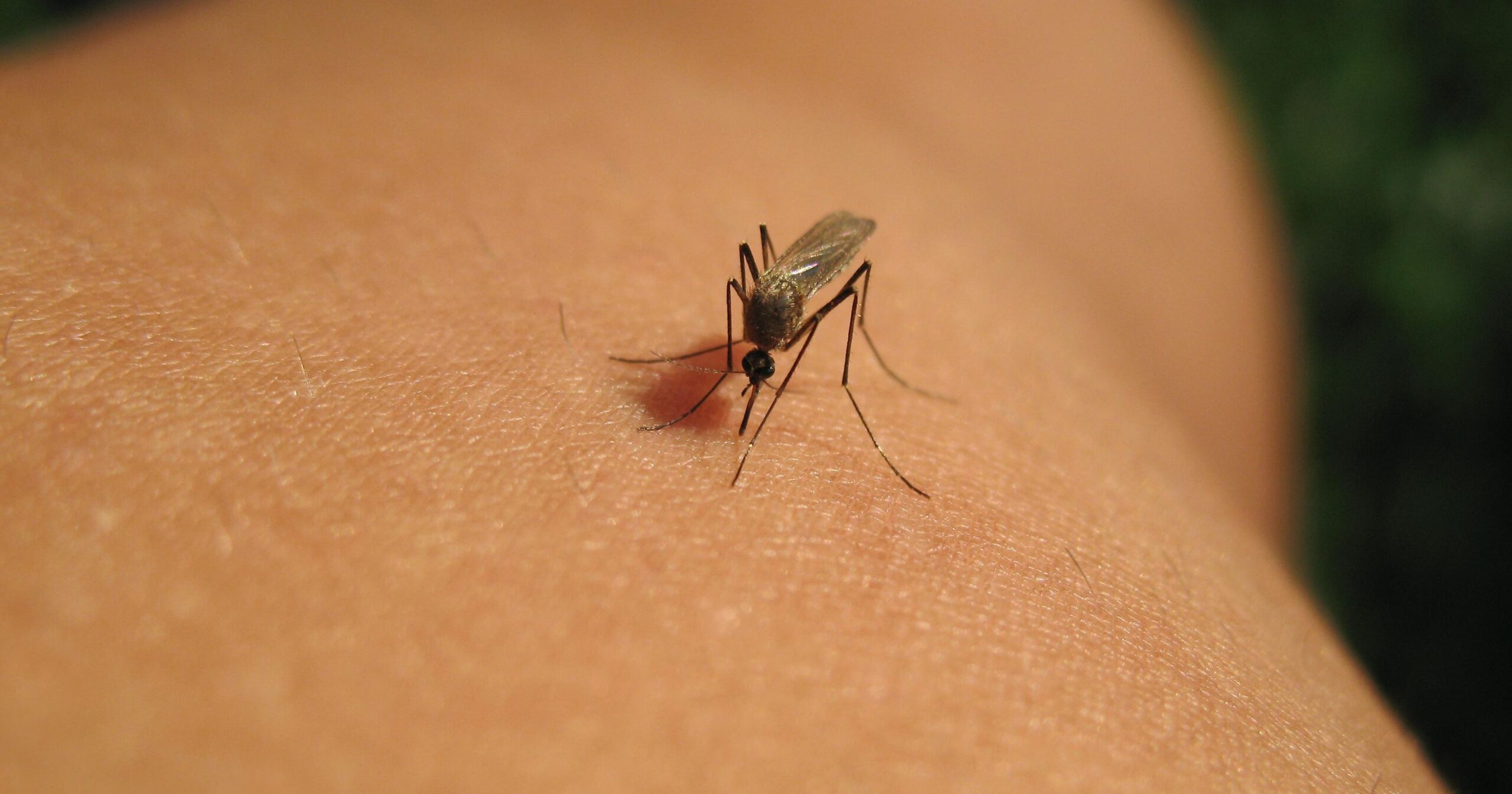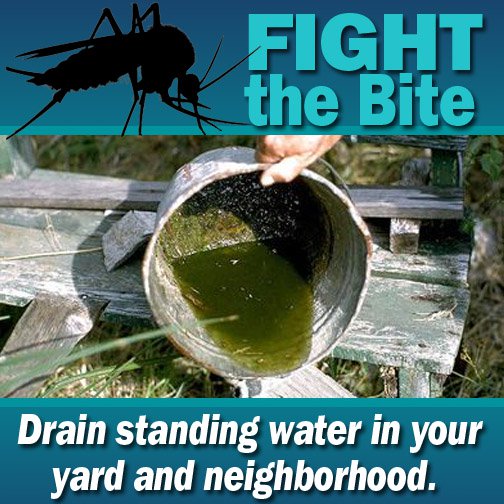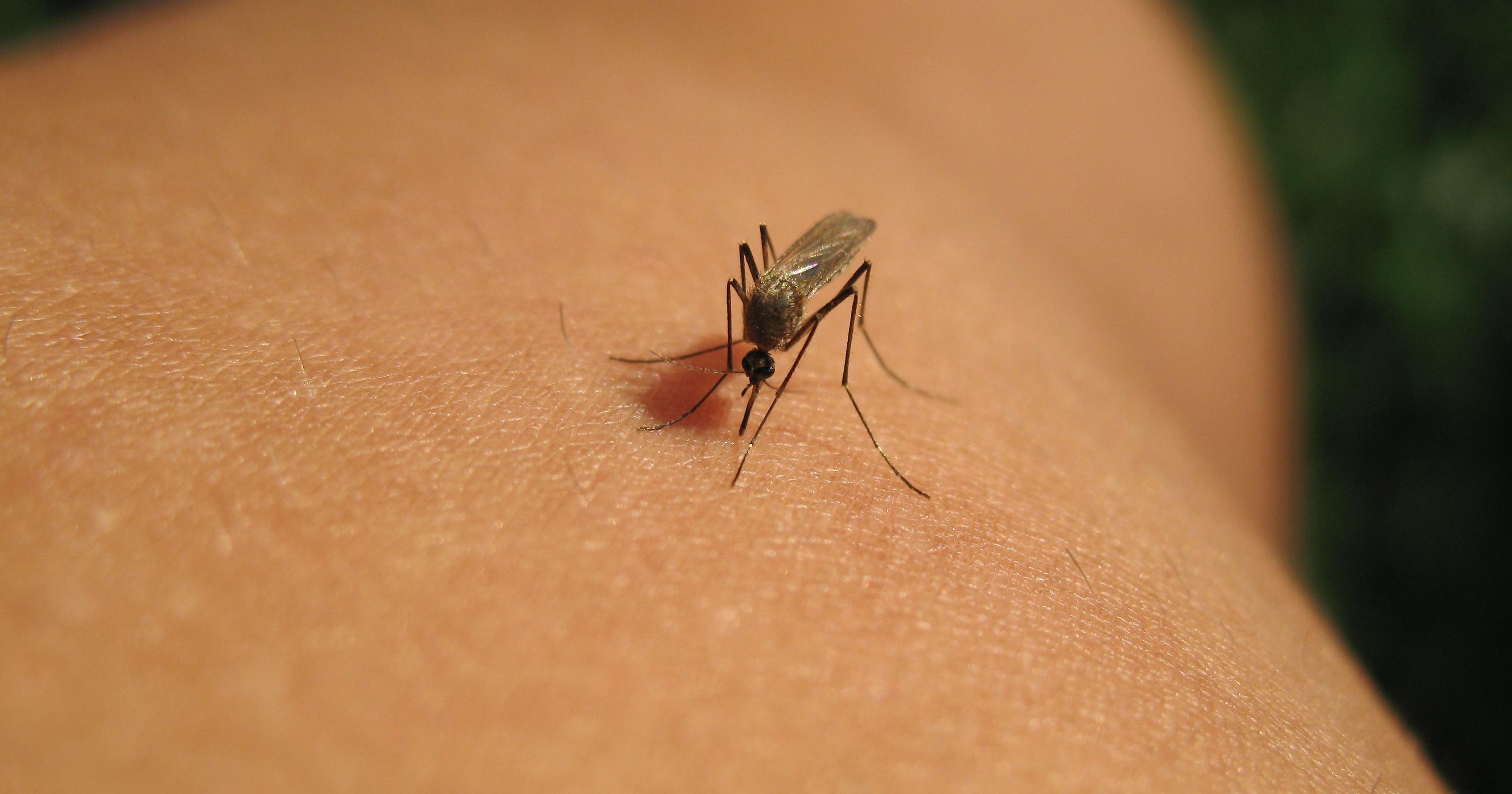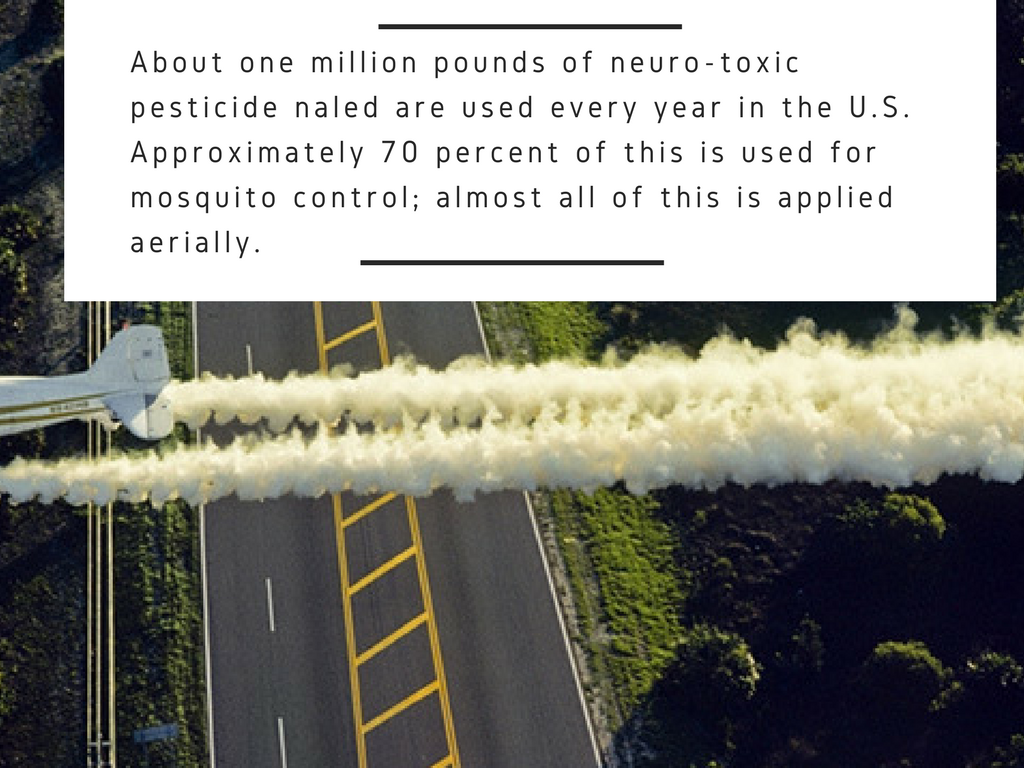I Got West Nile Virus. It Was Like a Case of The Flu.

Today there is a report of the first positive mosquito for the West Nile Virus Trap located in Ada County for 2018. It is NOT a time for panic, nor should it be open opportunity for our state to spray our communities with known neurotoxins. The CDC reports that 8 out of 10 individuals won’t even know they have contracted the disease. Two of the ten will develop symptoms will be flu-like in nature. That’s right the West Nile Virus is a very rare disease that has very few long term affects on those living in Idaho. Yet, the propaganda has the general public nodding in agreement to be doused with chemicals for our ‘own protection’.
If we could pause the fear based narrative for a moment and see the facts – we might be able to protect ourselves from both the disease and to toxins they are dousing our families with to ‘protect us from the rare disease.’
CDC reports that COMPLICATIONS from West Nile Virus are VERY, VERY RARE less than 1% of individuals actually experience complications from West Nile Virus. For West Nile virus, chronic illness and immunosuppression also appear to be risk factors for severe disease and death7,14,24-27
IDAHO REPORTED West Nile Cases per CDC
2017 out of a population of 1.83 million there were
24 cases | 10 hospitalization | Zero fatalities from West Nile Virus
2016 out of a population of 1.67 million there were
9 cases | 3 hospitalization | Zero fatalities from West Nile Virus

Don’t Fear the Disease Simply Protect Yourself and Your Family
Supporting your immune system eating right would be a great first line defense against any illness. Protection and prevention are the keys to avoid being bitten during the hot summer months (mosquito season).
Don’t Let Fear of A Rare Disease Cause You to Expose Your Family to the Dangers of DEET
DEET (chemical name, N,N-diethyl-meta-toluamide) is the active ingredient in many repellent products. It is widely used to repel biting pests such as mosquitoes and ticks. The CDC and EPA maintain that it is safe to use, which they follow up with a LONG list of “safe usage guidelines” that would appear to point to the contrary. This “safe” ingredient remains approved for use in the public despite countless reports of negative side effects after using products with this ingredient. The information given by these government agencies is conflicted. On one hand they will tell you there are no issues, and then on the other they will tell you not to get them in your mouth, eyes, lungs, not to put on too much, not to use too high of a concentration, not to spray it inside and various other restrictions. If it is so safe then why all the rules?
Basically DEET is a game of toxic-roulette.
Maybe your sweet little babes will suffer no harmful effects, or maybe they will have a severe reaction like neurotoxicity, encephalopathy, respiratory distress, seizures or even death. Or at best your child might be one of the one quarter of users who experience rashes, skin irritation, numb or burning lips, nausea, headaches, dizzinessand difficulty concentrating.
STOP! Mosquito protection doesn’t have to be toxic ; Wear light-colored, loose-fitting clothing and footwear outdoors; avoid being outside during dusk and dawn; and dump and drain standing or stagnant water that can serve as a mosquito breeding habitat. And use NON TOXIC mosquito repellent.
What’s it Like To Have West Nile Virus?
According to Jane R. of Eagle Hills who got West Nile Virus during an outbreak more than a decade ago, it was a bad headache and case of the flu lasting about two weeks.
In 2007 there was an outbreak, I didn’t think it could possibly be a big threat since we have so few mosquitoes here in the middle of Eagle. Turns out, I GOT IT! I know for sure because I had my blood tested. The “good news” is that once you have it you have antibodies that are supposed to keep you from getting it again, so I’ve checked that off my list of things to worry about. I suppose the virus could mutate and that might change this, but I’m not sure.
There’s nothing they can do to “cure” West Nile, they just treat the symptoms–they gave me medication to reduce pain/inflammation and fever. Here’s what my symptoms were–what I can remember anyway.I had a really bad headache that lasted for about 8 days before I went to the doctor, and a couple more days after that the headache settled into the base of my skull/back of my neck. By the time I went to the doctor, I felt like I hurt all over, probably muscle aches. I think I had some fever. I didn’t have any nausea or vomiting, may have experienced some fatigue. I think I remember the symptoms being gone within 10-14 days, but I may have been tired for a while afterwards, like you are after the flu or other illnesses.
What the CDC says about West Nile Virus
No symptoms in most people. Most people (8 out of 10) infected with West Nile virus do not develop any symptoms.
Febrile illness (fever) in some people. About 1 in 5 people who are infected develop a fever with other symptoms such as headache, body aches, joint pains, vomiting, diarrhea, or rash. Most people with this type of West Nile virus disease recover completely, but fatigue and weakness can last for weeks or months.
Serious symptoms in a few people. About 1 in 150 people who are infected develop a severe illness affecting the central nervous system such as encephalitis (inflammation of the brain) or meningitis (inflammation of the membranes that surround the brain and spinal cord).
- Symptoms of severe illness include high fever, headache, neck stiffness, stupor, disorientation, coma, tremors, convulsions, muscle weakness, vision loss, numbness and paralysis.
- Severe illness can occur in people of any age; however, people over 60 years of age are at greater risk. People with certain medical conditions, such as cancer, diabetes, hypertension, kidney disease, and people who have received organ transplants, are also at greater risk.
- Recovery from severe illness might take several weeks or months. Some effects to the central nervous system might be permanent.
- About 1 out of 10 people who develop severe illness affecting the central nervous system die.
Treatment
- No vaccine or specific antiviral treatments for West Nile virus infection are available.
- Over-the-counter pain relievers can be used to reduce fever and relieve some symptoms
- In severe cases, patients often need to be hospitalized to receive supportive treatment, such as intravenous fluids, pain medication, and nursing care.
Could we have a West Nile OUTBREAK!?

Here’s what the U.S. Health Works Medical Group has to say about WNV:
“How do you get the West Nile disease? Only one way, get bit by a mosquito that has the virus. The West Nile virus mostly lives in birds. Some mosquitoes bite birds and pick up the virus that way. Who knew mosquitoes bite birds? Seems like a suicidal food choice. If one of these mosquitoes actually manages to catch and bite the infected bird, and survive the experience, he now can bite you. As you would expect there are not exactly swarms of infected mosquitoes.”
Now if one such infected mosquito manages to find you, you now have West Nile Virus. But you can’t give it to your family and friends. They have to find their own infected mosquito if they want the virus. In West Nile infected humans, the virus level is low enough that a mosquito biting you won’t likely get infected. So you can‘t pass it on, even with a mosquito’s help.”
*There was an anomaly of almost one thousand people said to be infected with WNV in 2006. HFI couldn’t locate any research done by authorities to determine why there was such a HUGE spike in infection rates when there was an a total of 17 cases the previous seven years.
Managing mosquitoes without poisoning people
Efficacy of Mosquito Treatments
The U.S. Centers for Disease Control and Prevention has written that “adulticiding, application of chemicals to kill adult mosquitoes by ground or aerial applications, is usually the least efficient mosquito control technique.
Naled is no exception. For example, researchers from the New York Department of Health showed that 11 years of naled spraying was “successful in achieving short-term reductions in mosquito abundance, but populations of the disease-carrying mosquito of concern “increased 15-fold over the 11 years of spraying.

We urge public officials everywhere to look at the safest, least toxic and most effective ways to control West Nile.Evidence from the U.S, and around the world shows there are safe and effective ways to control mosquitoes that do not rely on using pesticides that hurt human health and the environment. Instead of relying on pesticide spraying — whether by planes, through backpack sprayers in communities or inside homes — Integrated Vector Management stresses localized solutions. IVM can use a combination of the following methods to keep disease-carrying insect populations in check. We urge our local Mosquito Abatement Organizations to seek pesticides as a LAST RESORT not the first.
See Health Freedom Idaho’s articles about West Nile Virus and Naled
Watch West Nile Virus facts
Locations of Positive Mosquito Traps: August 2018, Ada County Mosquito Abatement District has confirmed the presence of West Nile virus (WNV) in mosquito populations for the first time in Ada County this year. Two pools of mosquitoes tested positive for the virus. locations
Ada County Mosquito Abatement District has detected West Nile virus in mosquito populations near the following locations:
1. S. Cloverdale Rd. & E. Deer Flat Rd.
2. S. Valley Heights Dr. & W. Raul St.
3. S. Columbia Rd. & Gantz Ave.








